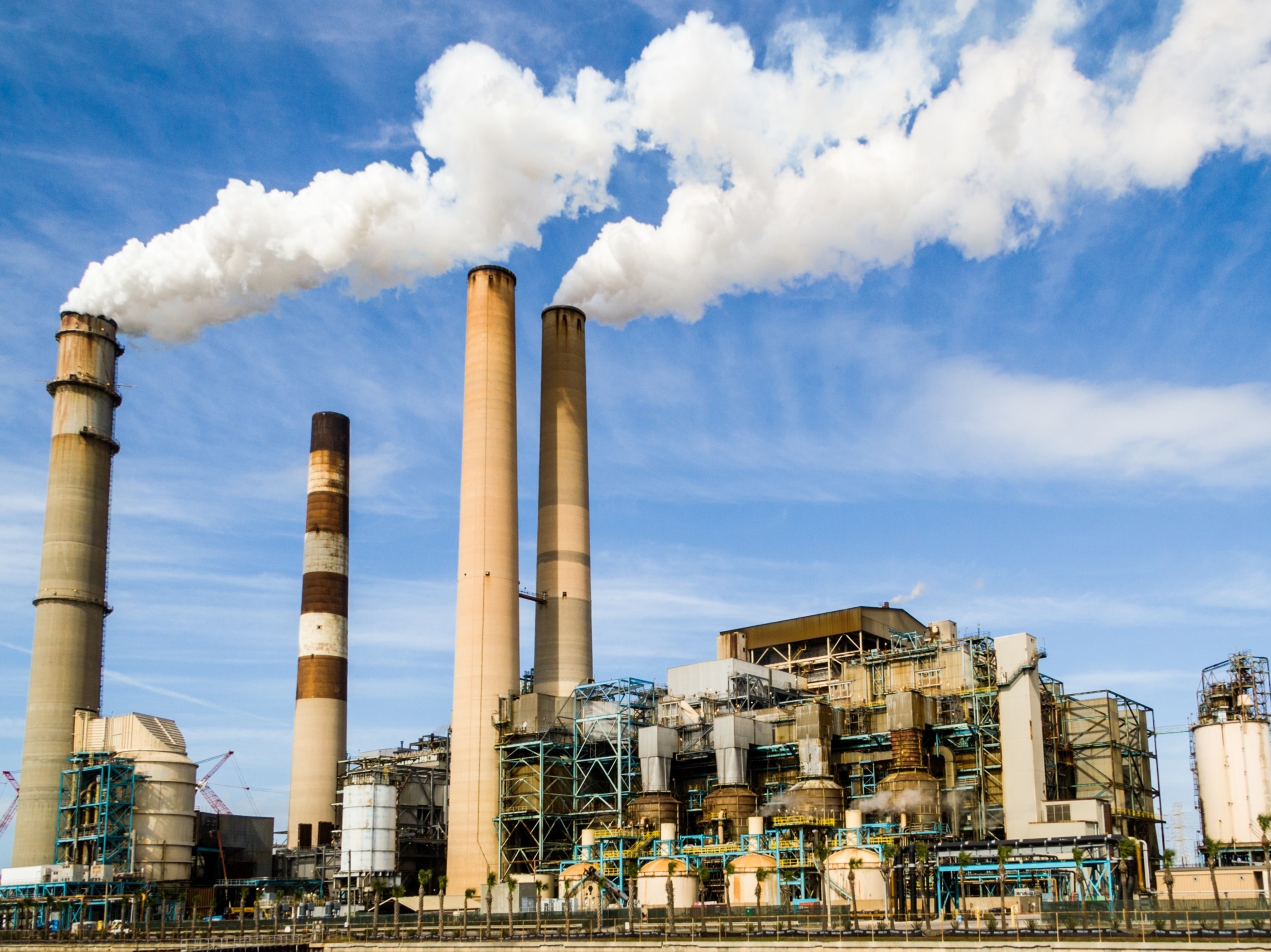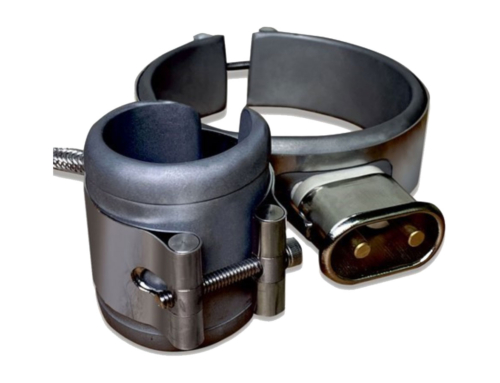Many types of applications for Industrial heaters
There is a broad array of industrial heaters that are used for many heat treating projects. This makes it essential to understand and utilize the proper heaters for the different projects that worked on. Depending on the material being heated, the heat-treating process’s speed and the end goal of the heat-treating process can change the characteristics required of the heater to make it useful.

What type of heater should be used for cement curing?
The cement curing process needs to maintain proper temperature and the appropriate amount of moisture. If the cement mixture is not adequately maintained within the suitable ranges, the concrete may suffer from shrinkage cracking, impaired strength, and wear resistance. For this process, a tubular heater help maintain the proper humidity and temperature to ensure that the concrete will not be weakened. Tubular heaters are an excellent fit to heat cement because the heat produced is in a contained area, which allows the heat to be transferred directly and consistently into the cement mixture. This process prevents the heat from getting too intense and drying the mixture out from ineffective heating.
What type of heater should be used for forming plastic?
Many different heaters can be used on plastic products. The multitude of heaters is necessary for the heat treating process of plastics is because of the broad array of products that can be made from plastic. Depending on the product being created, the process and heater will change. However, the plastic forming process most commonly uses cluster heaters and formed tubular heaters. The accuracy that the a tubular heater will allow for is essential to not burn the plastic and not let the plastic get too solidified.
What are extrusion press heaters, and why are they used for brass, aluminum, and copper applications?
An extrusion press heater is a heater that will heat the materials and have the warmed material be pushed through a cross-section to form the shape of the product before it cools. This process commonly is used within brass aluminum and copper applications because of the metals cooling down quickly. The metals high specific heat causes a small window in which the metals can properly be molded before it drops below the appropriate range for shaping.
What heaters can be used in plant services?
There is a wide array of heaters used in plant services since the materials heated with plant services vary in makeup. A screw plug heater, over-the-side heater, and flange immersion heater are common heaters that can heat the common materials required for plant services.
Why are radiant heaters for paint and powder coat drying?
Radiant heaters are do not make direct physical contact and do not use a fan to blow heat towards the materials being heated. A radiant heater is great for low-temperature applications, or that does not need the heat to be constant throughout the material being heated. This type of heater is used for paint, baking, softening, and drying. Because of the restriction of the material not being a liquid or not being able to have the heater directly in the material, radiant heaters excel in drying outer layers. The energy generated by a radiant heater has minimal energy loss when transmitted through uncontaminated air.
The broad array of industrial heaters within the heat treating space can be confusing and overwhelming. With a vast amount of materials and heaters, using the proper process is paramount to making the process efficient.







